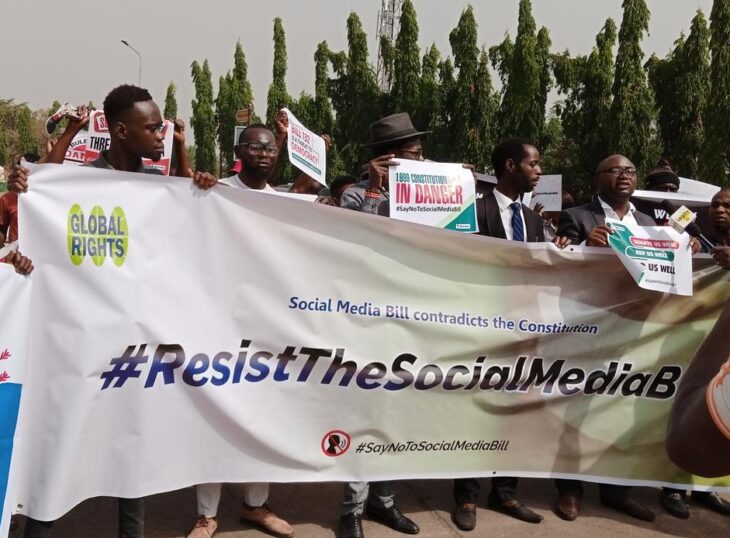The role of social media in Nigerian politics cannot be overstated. Social media platforms such as Facebook, Twitter, Instagram, WhatsApp, and others have become integral to political discourse, mobilization, and information dissemination in Nigeria. These platforms have revolutionized the way politicians interact with citizens, how citizens engage with political issues, and how political campaigns are run.
Positive Impacts of Social Media on Nigerian Politics
Increased Political Participation: Social media has significantly increased political participation among Nigerian citizens, especially the youth. It has provided a platform for citizens to engage in political discussions, express their opinions, and participate in political activities.
Mobilization and Organization: Social media has made it easier for political parties and civil society organizations to mobilize and organize citizens for political activities such as rallies, protests, and campaigns. Platforms like Twitter and WhatsApp are commonly used for this purpose due to their ease of communication and wide reach.
Information Dissemination: Social media has become a primary source of political news and information for many Nigerians. Political events, news, and analysis are shared and discussed in real-time on platforms like Twitter and Facebook, allowing citizens to stay informed about current political issues.
Accountability and Transparency: Social media has increased transparency and accountability in Nigerian politics by providing a platform for citizens to hold political leaders accountable. Citizens can easily scrutinize the actions and decisions of political leaders and demand transparency through platforms like Twitter, where they can directly interact with political leaders and government agencies.
Election Monitoring and Reporting: Social media has played a crucial role in monitoring and reporting electoral activities in Nigeria. Platforms like Twitter and Facebook are used to report incidents of electoral malpractices, voter intimidation, and violence during elections, thereby helping to ensure free and fair elections.
Negative Impacts of Social Media on Nigerian Politics
Spread of Fake News and Misinformation: One of the major negative impacts of social media on Nigerian politics is the spread of fake news and misinformation. False information, rumors, and propaganda spread quickly on platforms like WhatsApp and Facebook, leading to confusion and polarizing the political landscape.
Ethnic and Religious Polarization: Social media has been used to propagate ethnic and religious sentiments, leading to polarization and division among Nigerians. Political actors often exploit ethnic and religious fault lines to mobilize support and incite violence, especially during election periods.
Cyberbullying and Harassment: Social media has also been used as a tool for cyberbullying and harassment against political opponents and critics. Politicians and citizens alike have been targeted with online abuse, threats, and harassment, which can have a chilling effect on freedom of expression and political discourse.
Dissemination of Hate Speech and Incitement to Violence: Social media has been used to disseminate hate speech and incite violence, particularly during election periods. Politicians and their supporters often use inflammatory language and rhetoric on platforms like Twitter and Facebook, leading to violence and unrest in some cases.
Manipulation and Disruption of Democratic Processes: Social media has been used to manipulate and disrupt democratic processes in Nigeria. There have been cases of foreign interference, fake accounts, and bots being used to manipulate public opinion, spread propaganda, and influence election outcomes.
While social media has had a significant impact on Nigerian politics, its influence is a double-edged sword. While it has increased political participation, mobilization, and transparency, it has also facilitated the spread of fake news, misinformation, and hate speech. Moving forward, policymakers, social media companies, and civil society organizations need to work together to mitigate the negative impacts of social media on Nigerian politics while maximizing its positive potential.
Follow us now for more news in Oyo State.
Oyo Truth is an independent online news /medium reporting up-to-date events, happenings and activities related to Oyo State, Nigeria.







Leave a Reply